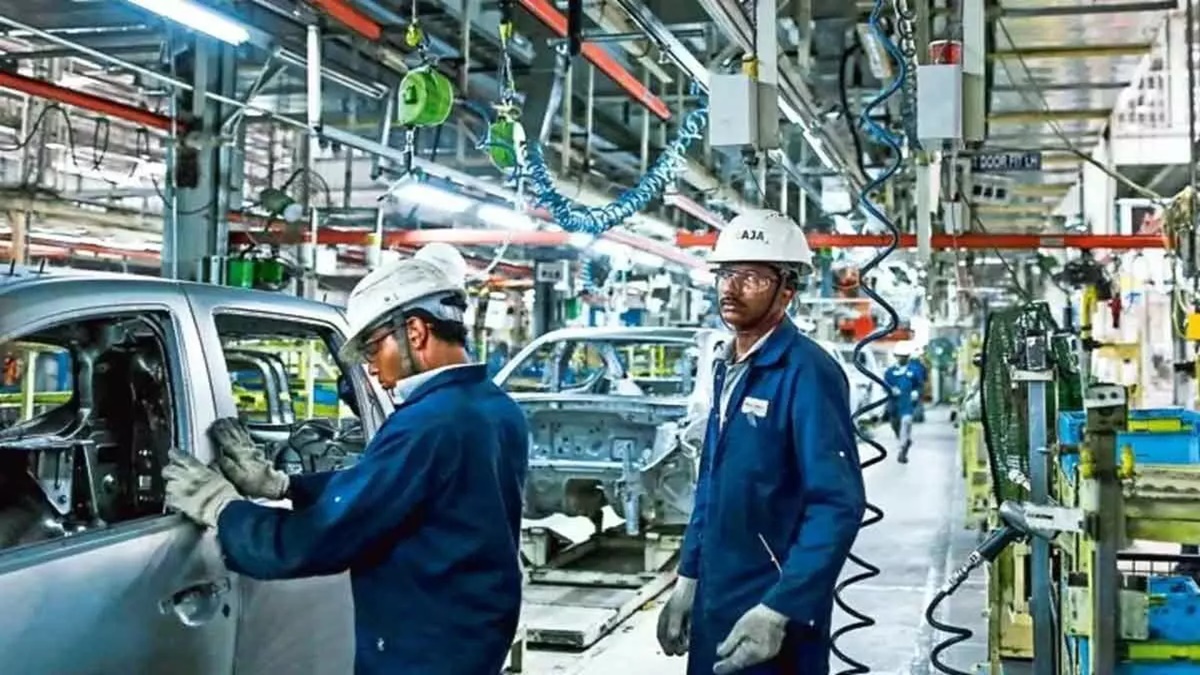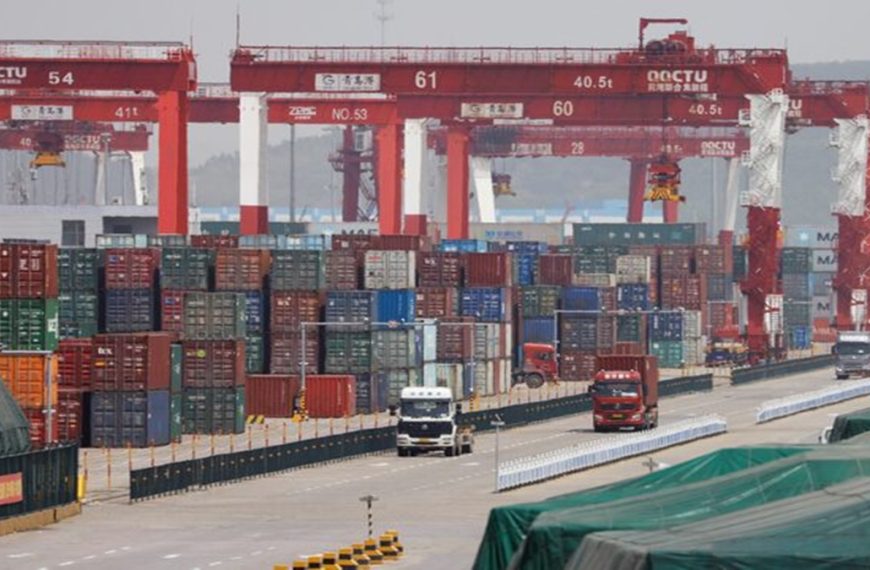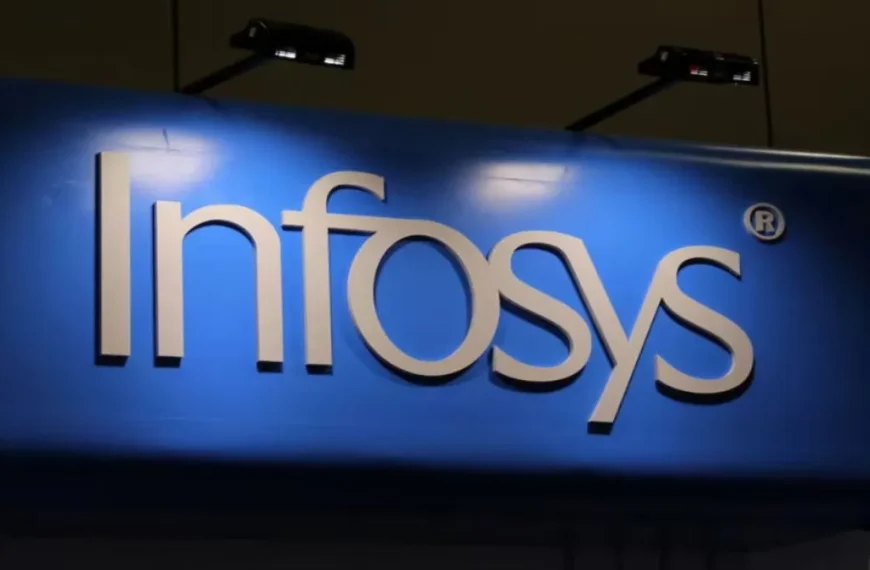The potential implementation of reciprocal tariffs by the Donald Trump administration is set to have significant repercussions for major automotive players like Tata Motors and Samvardhana Motherson International (SAMIL), according to a recent report from Moody’s. As these tariffs loom, the focus turns to how they will affect import costs and the overall profitability of companies operating in the U.S. market.
Impact on Automotive Exports
Currently, vehicle exports from India to the United States account for a mere 3% of total exports. However, the situation is more complex for auto parts suppliers and luxury car manufacturers that directly engage with the U.S. market or operate through their facilities in Canada and Mexico. These companies could be significantly impacted by the proposed tariffs.
- Profitability Concerns: Moody’s highlighted that the overall effect of increased tariffs on the profitability of automotive manufacturers and parts suppliers largely hinges on their ability to transfer these costs to consumers.
SAMIL’s Revenue Dynamics
SAMIL, an auto parts supplier, derives nearly 20% of its revenue from the U.S. market, which includes earnings from its operations in Mexico. With approximately 20 manufacturing plants in the U.S. catering to local original equipment manufacturers, SAMIL is likely to adopt strategies to offset any tariff-related cost increases.
- Diversification Strategy: To mitigate risks, SAMIL is actively pursuing a diversification strategy aimed at ensuring that no single component, customer, or country constitutes more than 10% of its total revenue.
Tata Motors and Jaguar Land Rover Challenges
Tata Motors’ luxury vehicle division, Jaguar Land Rover (JLR), faces potential challenges due to the prospect of heightened U.S. tariffs on goods produced in the EU or the UK. All JLR vehicles sold in the U.S. are manufactured in these regions.
- Customer Sensitivity: According to Moody’s, JLR’s customer base tends to be less sensitive to price changes compared to mass-market vehicle buyers. However, fully passing on the tariff increases could prove challenging. A decrease in demand from the U.S., which represents nearly one-third of JLR’s sales, could negatively affect their credit standing.
North American Market Performance
The two luxury brands under JLR contribute significantly to the company’s global wholesale volumes, with one-third coming from North America, primarily the U.S. market. While JLR reported a 4% year-over-year growth, achieving nearly 400,000 units sold by the end of December, the North American segment saw a remarkable 32% growth year-over-year, totaling 124,600 units.
- Popular Models: Widely recognized models such as the Range Rover, Range Rover Sport, Land Rover Defender, and Land Rover Discovery are manufactured in Slovakia, contributing to the brand’s appeal in the North American market.
As companies like Tata Motors and SAMIL navigate these potential tariffs, their strategies to adapt and manage costs will be crucial in maintaining profitability amidst changing trade dynamics.











